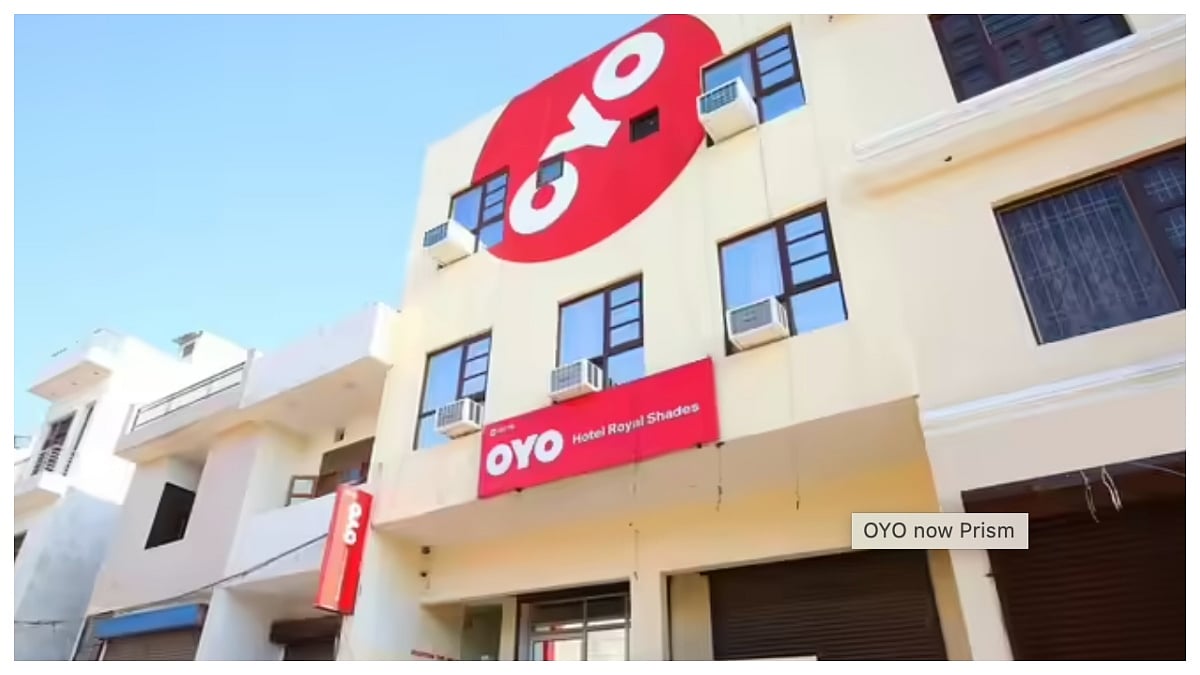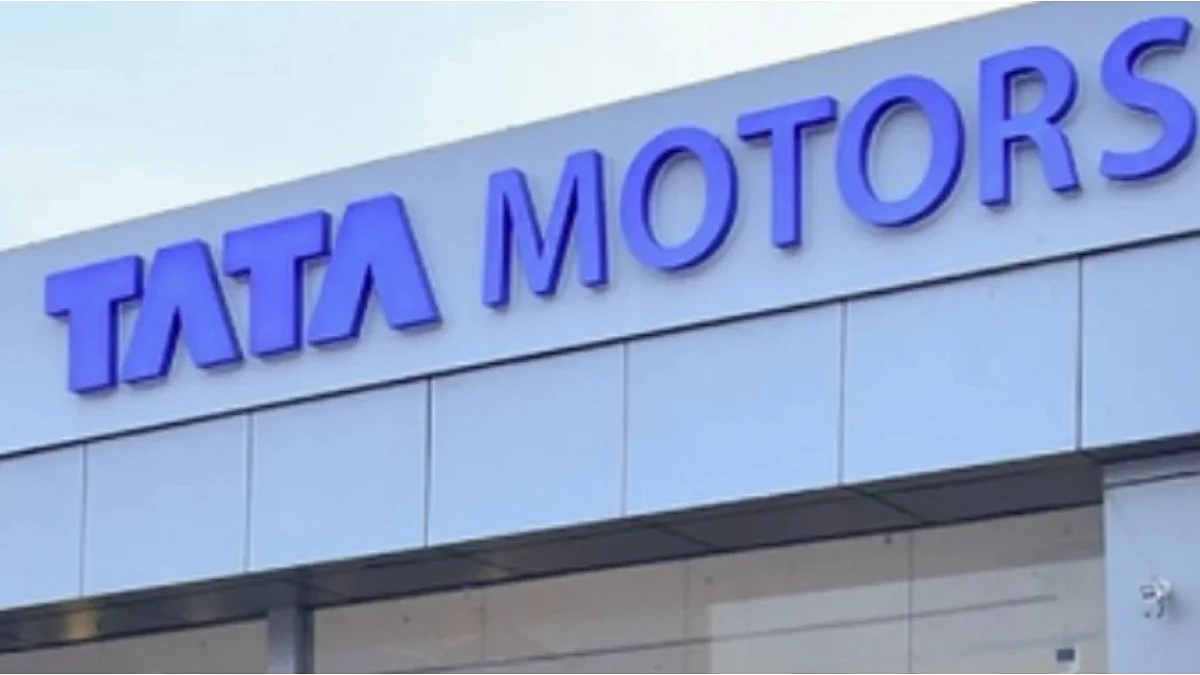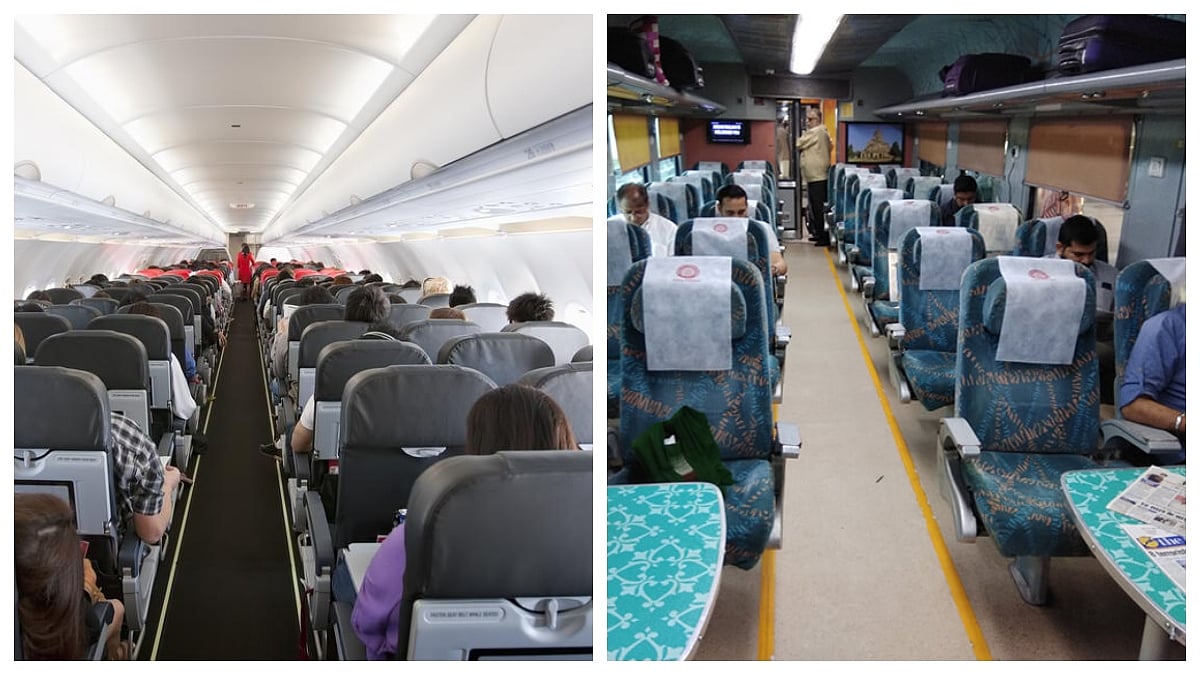The COVID-19 pandemic has paved the way for kirana store owners and local retailers to adopt digitalization rapidly. While the lockdown has witnessed the barred operations of several business models, local retailers were one of the unsung heroes who never put their foot down to provide supplies to their customers.
The customers might have switched to online apps to procure their supplies, but for kirana store owners, digitization of procurement and logistics has barely started. Apart from inventory, payments have been another key concern of this industry.
Typically, local kirana stores work on a credit-based system of cash payments. However, the pandemic sure raised several concerns about exchanging the bills. The pandemic brought a sudden digital transformation in the way of conducting business. Dependence on online-based platforms has reduced hassle for customers.
Kirana stores have been catering to more than just consumer neighborhood needs. Many storekeepers still prioritize home delivery of goods for their customers over in-store purchases. Payments are mostly based on UPI and contactless digital transactions. Local communities have adopted the digital-first approach and so have kirana businesses in the retail space. Today, kiranas and small businesses are keen on procuring supplies through several B2B platforms that emerged during the pandemic.
Being everyone’s favorite
Customers go to a local kirana store to purchase supplies since these stores offer convenience of a credit system that allows the customers to pay bills at the end of every month. Simple conveniences like giving merchandise on credit or providing free home delivery help the Kirana store owner sustain client loyalty. Over a million kirana stores in India have started to rely on technology for payments, deliveries, and inventory management in the previous year. These stores seem to be the preferred option to the consumer as they are easily accessible, timely, and convenient.
Keeping up with tech
Adopting technology has caused some teething problems for these businesses, but once they overcome these hurdles, the benefits from ease of operations are massive. Since demonetisation, several stores began accepting digital payments. They have adapted to modern accounting systems to keep track of their everyday costs and to reconcile their accounts at the end of every month. Most often their major concern has been inventory management, procurement and logistics, which is now addressed by various B2B platforms that supply businesses with requirements at their doorstep. This saves the kirana owners a lot of time in terms of commuting, allowing them to focus on growth of their business and customer base.
When India went into lockdown overnight on March 25, 2020, most e-commerce enterprises in the country were left high and dry, since supply chains were hampered, and deliveries were restricted due to local enforcements. At the same time, stand-alone kirana shops in most parts of the country continued to serve their customers and even attract new customers.
No longer an ordinary local general store:
The kiranas have come a long way from being ordinary neighborhood general stores, to accepting payments via new-age payment apps, taking orders over WhatsApp, and partnering with tech-enabled delivery aggregators.
A kirana store with a technology-enabled delivery partner is significantly more accessible, especially in localities where deliveries may be completed in hours rather than days. Kirana store owners use WhatsApp business accounts and Facebook Marketplace pages to manage their marketing efforts and to keep in touch with their customers. Many B2B platforms, have on-boarded a large number of retailers, thus resolving the retailer’s procurement and logistic challenges; and also facilitating a direct connection with suppliers or vendors.
Kirana stores have traditionally been an essential aspect of the Indian economy and a focal point for community exchanges. These stores have been in operation for decades, and as a result, they have a thorough understanding of the needs of a wide range of customers. Therefore, in this digital age, where E-commerce is taking over everything, Kirana stores still continue to prosper.
(Siva Morisetti is Founder and CEO - QWIPO-m-commerce digital marketplace)










